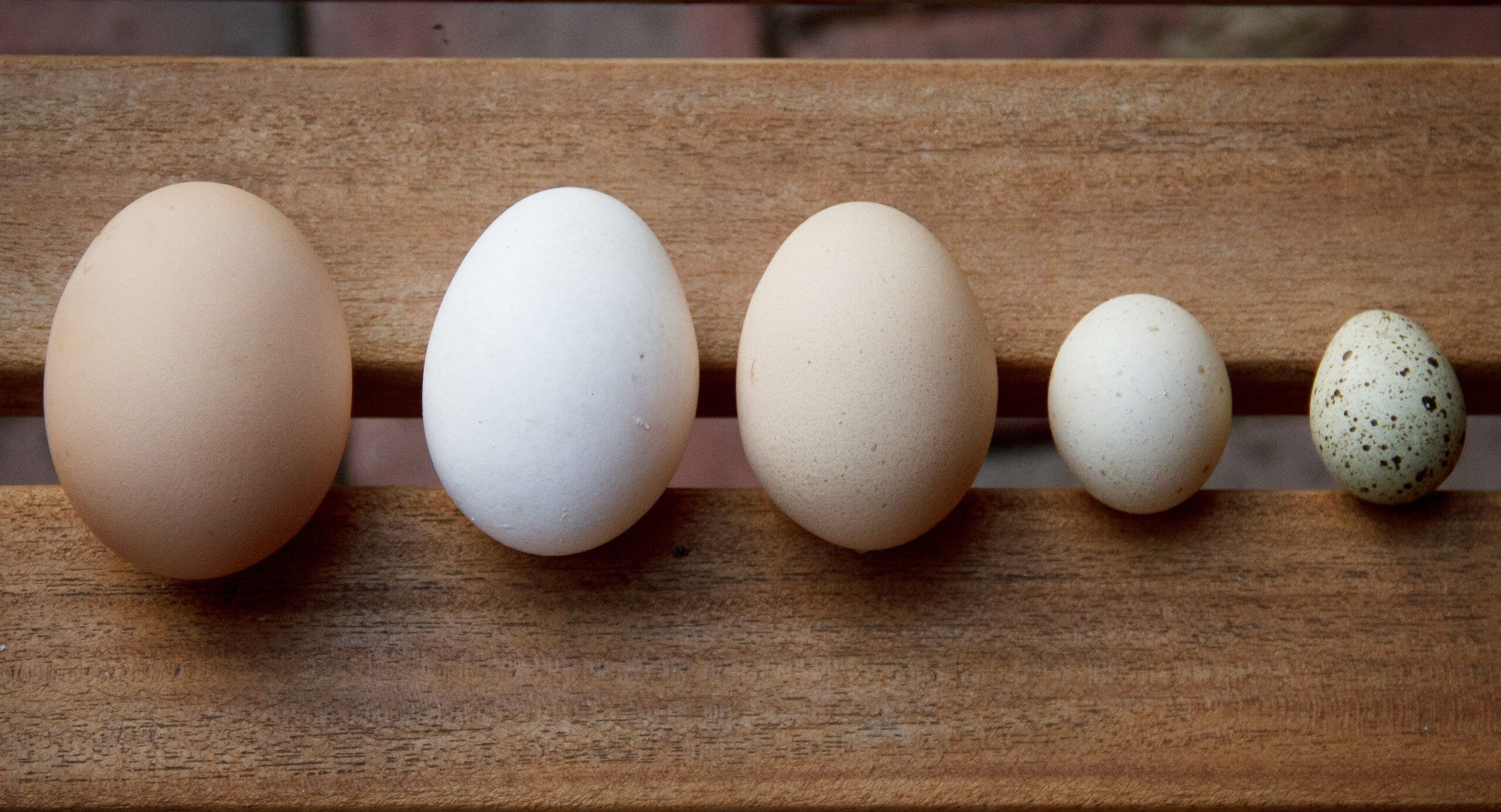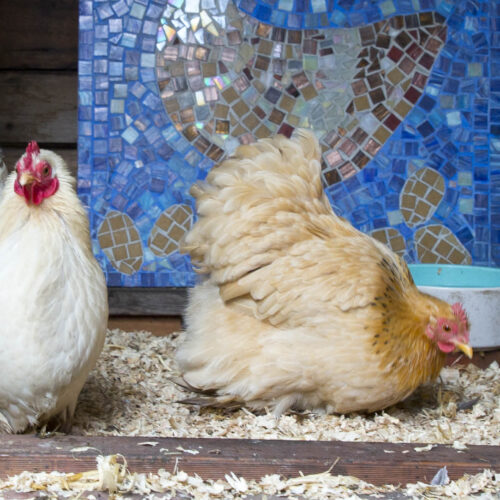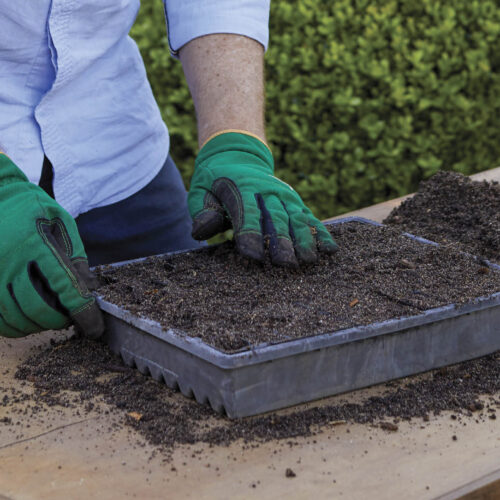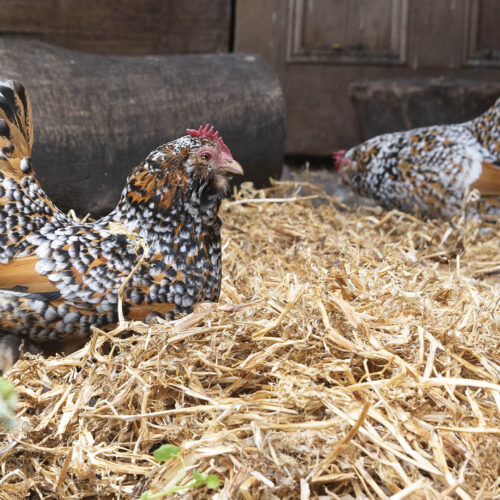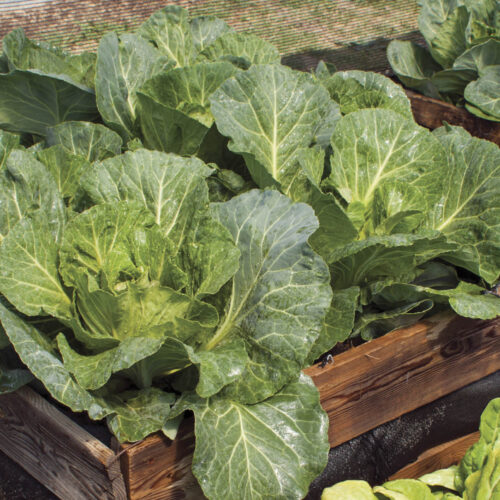Why is my hen not laying?
2021-05-20T03:28:30+10:00
A question chook owners often ask is: why aren't my hens laying? Read on for possible solutions.
If you bought hens expecting daily eggs and yet the nest is empty, you might be wondering why. Before you mention roast dinners in their hearing, the girls may have a good reason for being off the lay.
Time of year
While some hens lay through winter, especially in their first year, most moult their feathers in autumn, then take a break from laying over winter. This gives their bodies a much-needed rest and the chance to rebuild calcium stores. Having a winter break is completely natural; instinct tells hens not to raise chicks during the colder months.
To encourage your hens’ return to lay in spring, make sure their henhouse receives generous natural light, such as through east-facing wire mesh windows. Daylight stimulates their laying hormones and tells them it’s time to get back to work.
Nutrition
For hens to meet their laying potential, they need a balanced, nutritious diet. Provide a quality mixed grain, layer pellet or mash with all the carbohydrates, protein, fats, vitamins and minerals chooks need. They also require daily greens like grass, and fresh water. Medium grade shell grit hens can help themselves to is required for eggshell formation.
Age
A pullet won’t start laying until her body reaches maturity at point of lay. Red hybrids start at around 18 weeks, however some purebreeds don’t begin to lay until seven or eight months old! It’s completely natural for older hens to begin laying fewer eggs each year and then enter a well-earned retirement.
Hybrid hens lay daily through their first 18 months, then moult and take a break. Some will remain productive into their second season, but a proportion will not lay again or only intermittently.
Heat and stress
It’s common for chooks to stop laying during a heat wave, as they need to conserve resources. Provide cool clean water and tempting feed and they will return to the lay when their bodies recover. Other stresses such as extreme weather events, a fox visit or moving house can put chooks off the lay for a short time.
Disease
Respiratory diseases can cause permanent damage to a hen’s oviduct, so she might recover, but will no longer lay. Hybrids hens are prone to diseases such as ovarian cancer and tumours, which require veterinary care.
Pests
Blood sucking mites can cause a hen to lose condition and stop laying, while a heavy burden of intestinal worms can also have an adverse effect. Check fowls for internal and external parasites regularly and treat if found.
Internal laying
Occasionally a yolk will escape capture and remain in the hen’s body. One or two can be reabsorbed, however some hens do this routinely, causing an internal build-up in the abdominal area. A trip to the vet is recommended.
Naughty Behaviour
If hens are crouching, eating well and have plump red combs, all signs of laying, but there are no eggs, you may have to think laterally. Are they laying in a sneaky spot? Bored and eating their eggs? Or is a cheeky crow, python or other predator stealing a free feed? Subtly observe flock behaviour when you are at home over the weekend to ascertain the culprit.
Realistic expectations
Eggs contain everything required to support a chick’s development in the shell, which takes effort and resources. Nature never intended hens to lay every day, so don’t be surprised when your flock takes a natural break, they’ll be healthier for it. We all need a vacation, even hardworking hens.

